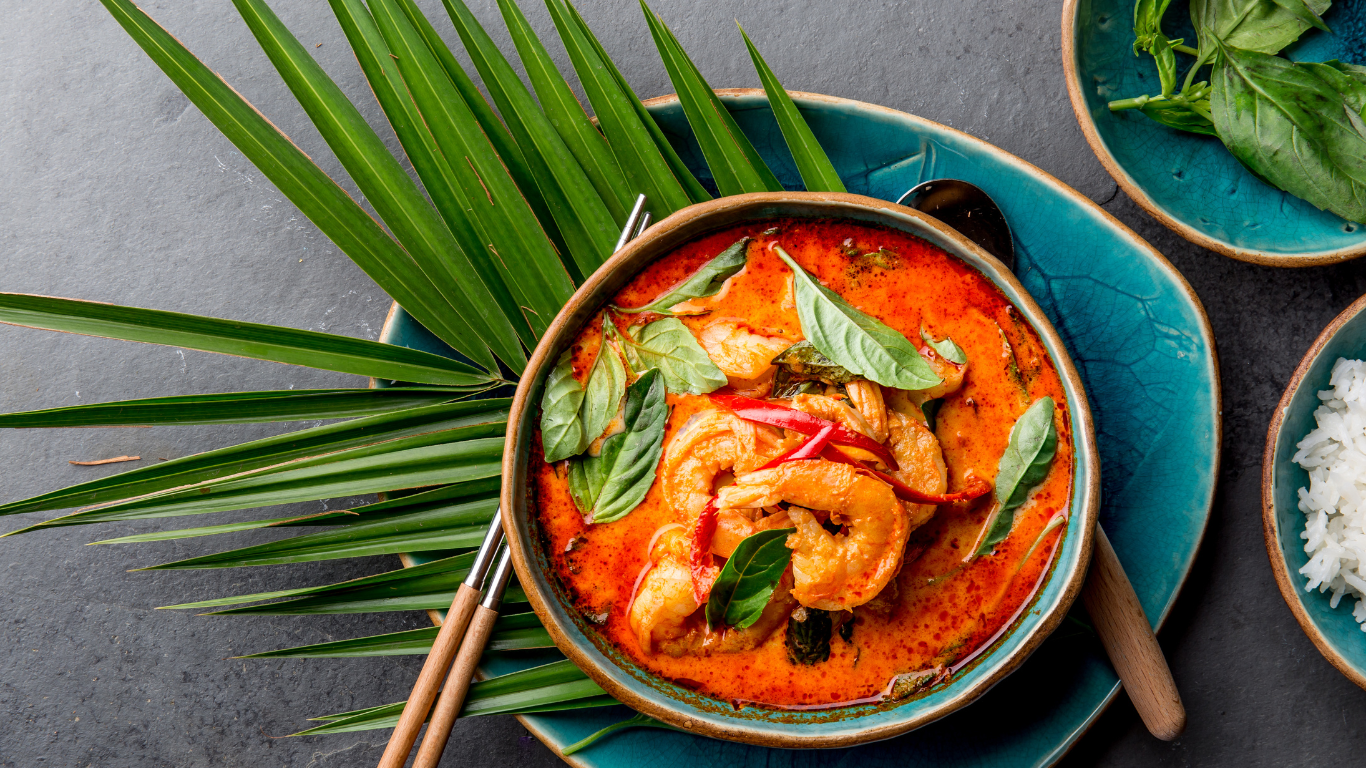The coconut (Cocos nucifera) is a member of the palm tree family (Arecaceae). It is the only species in the genus Cocos and is one of the most well-known palm trees globally, predominantly cultivated in tropical climates. Botanically, the coconut is categorised as a drupe, not a nut. For the food industry, the edible white flesh, coconut oil and coconut water are of particular significance. The clear coconut water is a popular product, offering a rich source of fibre, proteins, fats, antioxidants, vitamin C and minerals, such as potassium, calcium and magnesium. Coconut milk, a mixture of coconut water and coconut flesh is a popular ingredient in Asian cuisine and is also gaining popularity in Europe.
Coconut and allergens
In Europe, there is no legal requirement to label coconut as an allergen, given that coconut allergies are very uncommon compared to other food allergies. In the USA, all food manufacturers are required to label the eight most common food allergens in accordance with Food and Drug Association (FDA) regulations. These eight most common food allergens include milk, eggs, fish, Crustacean shellfish, tree nuts, peanuts, wheat and soybeans, as these food groups have the potential to trigger allergic reactions. Since coconut is categorised as a tree nut, it is one of the most common triggers of food allergens according to the FDA. For this reason, the coconut must be labelled as an allergen in accordance with the applicable guidelines of the „Allergen Labeling and Consumer Protection Act of 2004“ (FALCPA).
Detection of coconut DNA
In recent years, there has been a notable increase in global demand for coconut products, with applications in both the food industry and cosmetics. To ensure the detection of coconut and to distinguish it from other plants and nuts (including almond, hazelnut, walnut, macadamia nut, cashew, pistachio), CONGEN has developed a real-time PCR kit for the direct qualitative detection of specific DNA sequences of coconut in food. Combined with SureFood® PREP Advanced kit (see protocol 1), the SureFood® ALLERGEN Coconut kit has a detection limit of ≤ 1mg / kg. The detection limit depends on a number of factors, including the sample matrix, the degree of processing, the DNA preparation and the DNA content.



